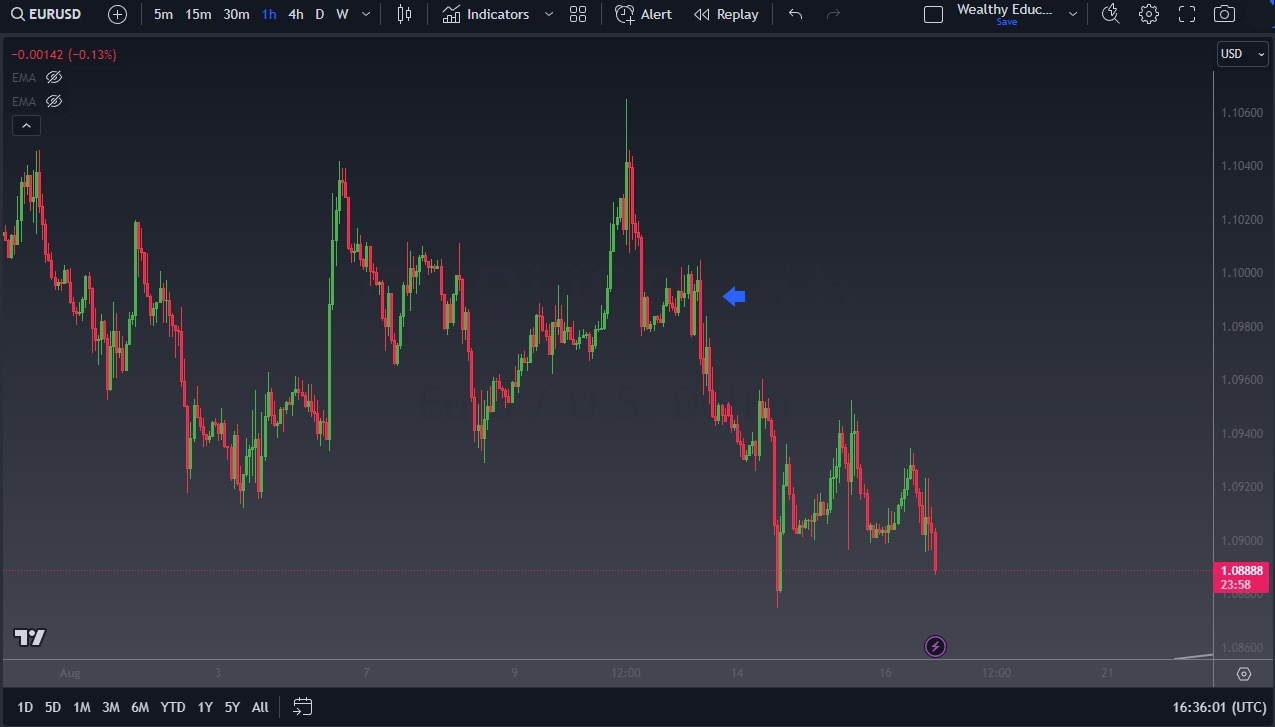The vast universe of financial markets demands a keen understanding of its intricacies. For traders and investors alike, navigating this complex ecosystem is pivotal. Among the many mechanisms that facilitate this navigation, trading orders emerge as foundational tools. They can profoundly shape a trader's decisions, risk boundaries, and eventually, their financial success.
Let's dissect one such significant tool: the stop order. This guide aims to equip you with a thorough understanding of stop buy and sell orders, its myriad variations, their strategic implications, potential challenges, and the essence of its practical applications.
An Overview of Trading Orders
Trading orders are the backbone of any transaction in the financial markets. Essentially, they are directives issued to brokers or trading platforms, prescribing the specifics of a trade. These specifics encompass aspects like the price, the timing, and the volume of the trade. Grasping the different kinds of trading orders is key to operating in the markets with finesse.
Stop Order: Beyond a Simple Directive
Deep within the trader's toolkit, the stop order stands out as a beacon for risk mitigation. A stop order springs into action once a pre-defined price threshold, called the "stop price," is touched. Designed to curtail losses, it automatically activates a market order when this price is attained. So, if market dynamics turn adverse and the price hits the stop threshold, the stop order evolves into a market order, propelling the trade's execution.
Unveiling the Stop Order in Action
Visualize a scenario where you're trading a promising stock. You're optimistic, yet aware of the risks. To shield yourself from hefty losses, you can configure a stop order, setting the stop price a notch below the prevailing market rate. If the market takes a downward plunge and the stock's price reaches your set threshold, your stop order transmutes into a market order. This ensures you're ushered out of the trade before incurring significant losses.

Exploring the Stop Order Spectrum
- Stop Loss Order: At the forefront of the stop order family is the stop loss order. It's primarily employed to safeguard traders from deep losses in fluctuating markets. By pinning a stop loss order below the stock's entry price, traders can guarantee a safe exit, ensuring that adverse market swings don't wreak havoc on their investments.
- Stop Limit Order: Merging two powerful concepts, the stop limit order stands out. It couples the stop price with a 'limit price.' Once the stop price is met, the order morphs into a limit order. The trade sees completion only if the market price matches or betters the limit price.
- Trailing Stop Order: In fluid markets where trends can flip, the trailing stop order is invaluable. Instead of a static stop price, this order evolves with favorable market movements. As the asset's price surges, the stop price tracks it, maintaining a pre-set distance. This empowers traders to cement profits while still capitalizing on potential escalations.
The Tactical Advantages of Stop Orders
- Shielding Capital: Stop orders serve as buffers against erratic market shifts, ensuring that investments remain guarded against unexpected downturns.
- Upholding Discipline: Emotional biases can derail decision-making. With stop orders, traders have a predetermined exit strategy, helping them adhere to their game plan and avoid holding onto devaluing assets.
- Reduced Vigilance: Markets function round-the-clock. Stop orders introduce an element of automation, granting traders the liberty to occasionally disconnect without the fear of missing out.
- Strategic Concentration: With safeguards in place, traders can dedicate more time and energy to market analysis, entry point identification, and strategy fine-tuning.
Cautionary Tales and Potential Hurdles
However, every silver lining has a cloud. Here are potential challenges associated with stop orders:
- Market Swings: Flash market changes might prematurely activate stop orders. A brief price dip could result in an unintended trade execution, only to see the market rebound, leading to missed opportunities.
- Slippage: This refers to the difference between the anticipated stop price and the actual transaction price. It's crucial to account for slippage, especially during market upheavals.
Practical Advice on Stop Orders
- Account for Volatility: Given that markets can be capricious, set stop prices that factor in natural fluctuations.
- Harness Technical Analysis: Use techniques like trendlines and indicators to gauge appropriate stop prices.
- Periodic Reassessment: Market dynamics change. Regularly revisit and recalibrate stop orders to mirror current conditions.
- Sidestep Round Figures: Avoid setting stop prices at rounded numbers. This simple trick can help evade common stop-hunting strategies.
Stop Orders in Real-world Scenarios
An illustrative example: A trader uses a stop loss order for a volatile stock. As the stock nosedives, the stop loss activates, averting significant losses. Such instances spotlight the risk management prowess of stop orders. However, there are also stories of misjudgments. A trader might conservatively set a stop price, which gets triggered by a temporary market dip, resulting in a premature exit. Subsequently, when the market rallies, the trader misses out.
Conclusion: Charting Success with Stop Orders
In the labyrinth of trading, risk management is the guiding star. Stop orders act as navigational aids, allowing traders to traverse the unpredictable corridors of finance. By mastering stop orders, which requires a blend of analytical skills, strategy, and adaptability, traders can wield them not just as directives, but as potent levers shaping their financial journey.
FAQ
- Why utilize a stop order? To manage risks and safeguard investments by auto-executing trades upon reaching a specified price.
- Differentiating stop order and limit order? Stop orders transform into market orders at the stop price, whereas limit orders are about achieving a specific price or better.
- Are stop orders advisable? Yes, they're instrumental for risk management. However, their efficacy hinges on understanding their nuances and aligning them with overarching trading strategies.











